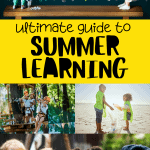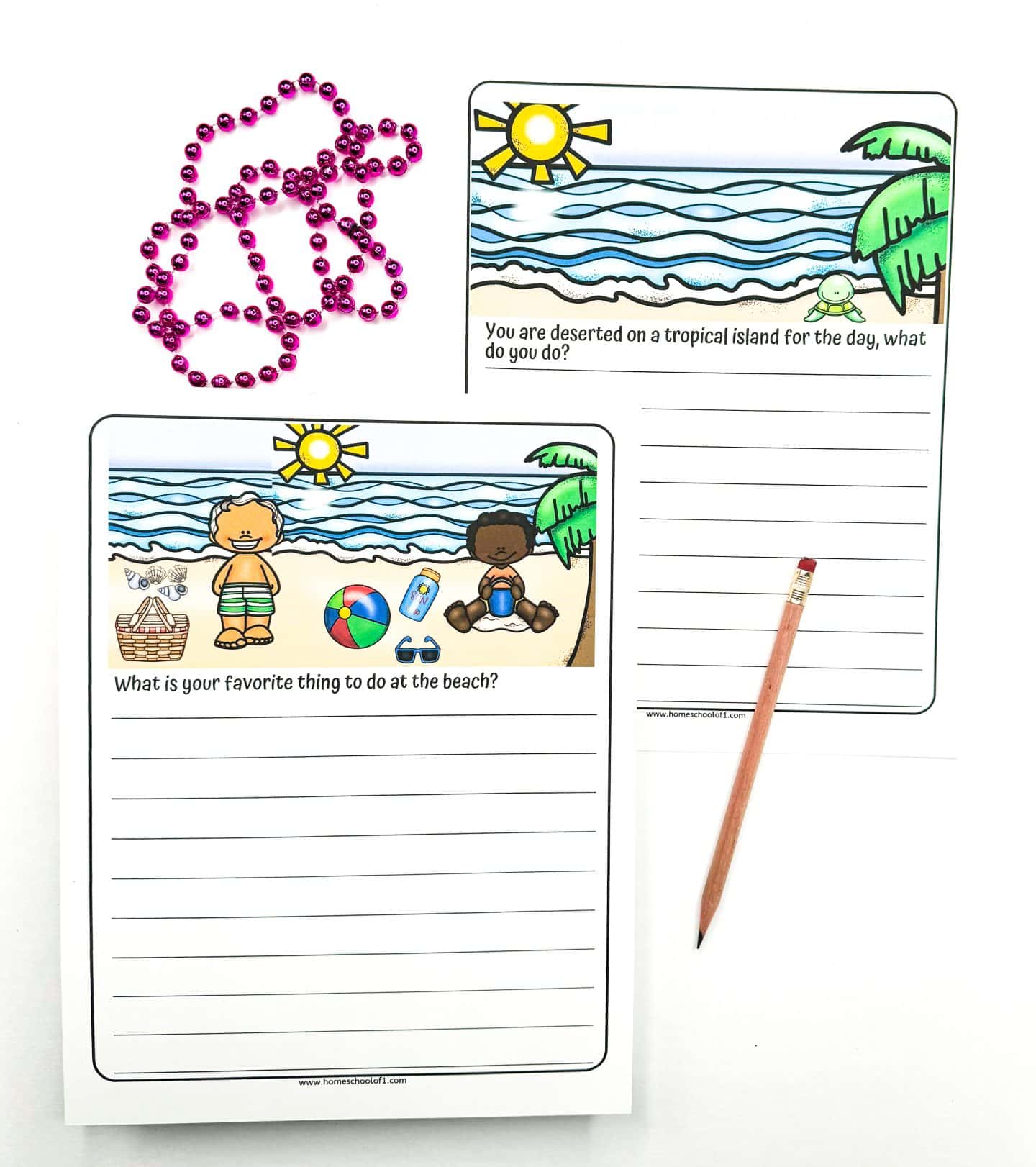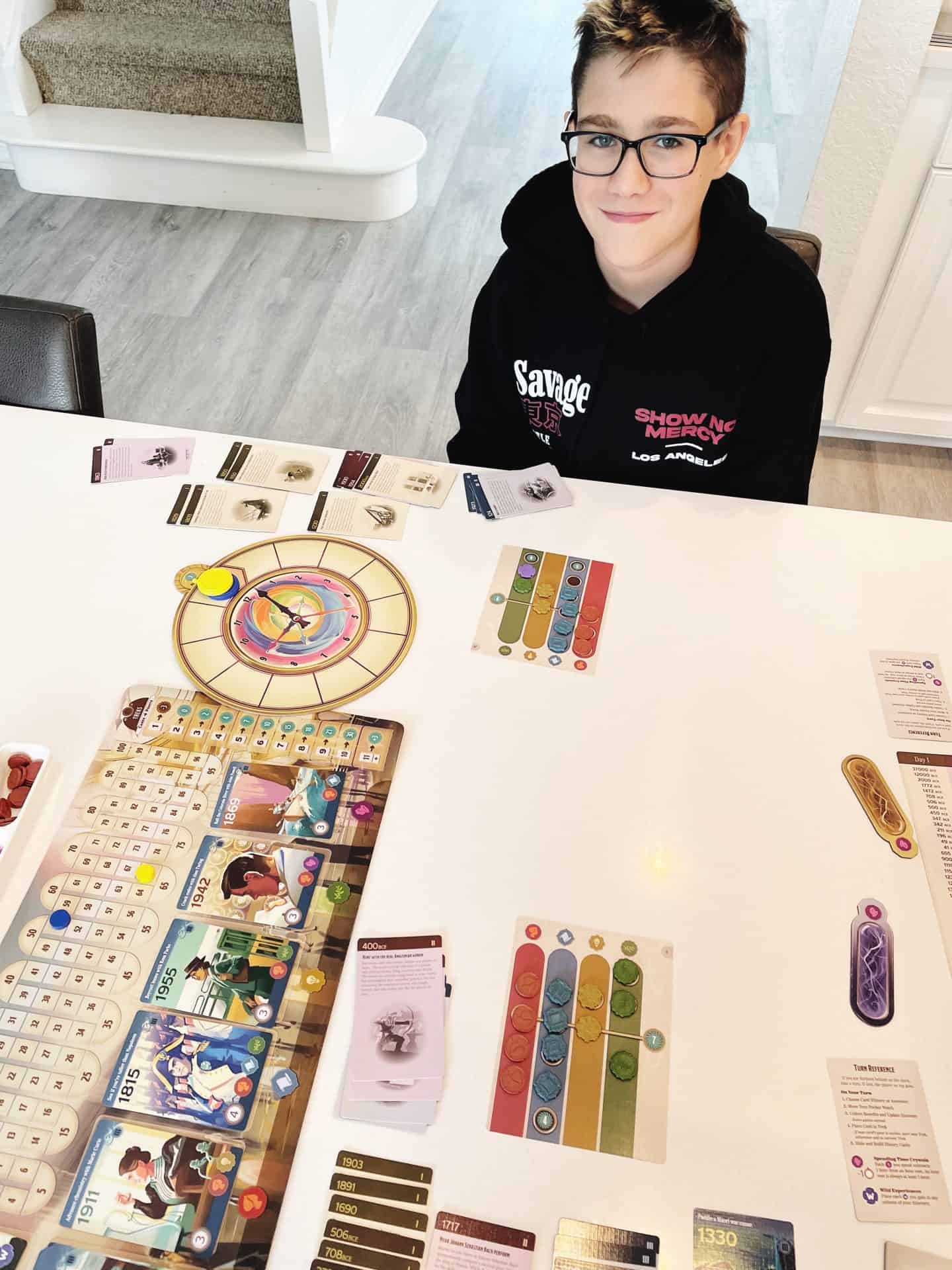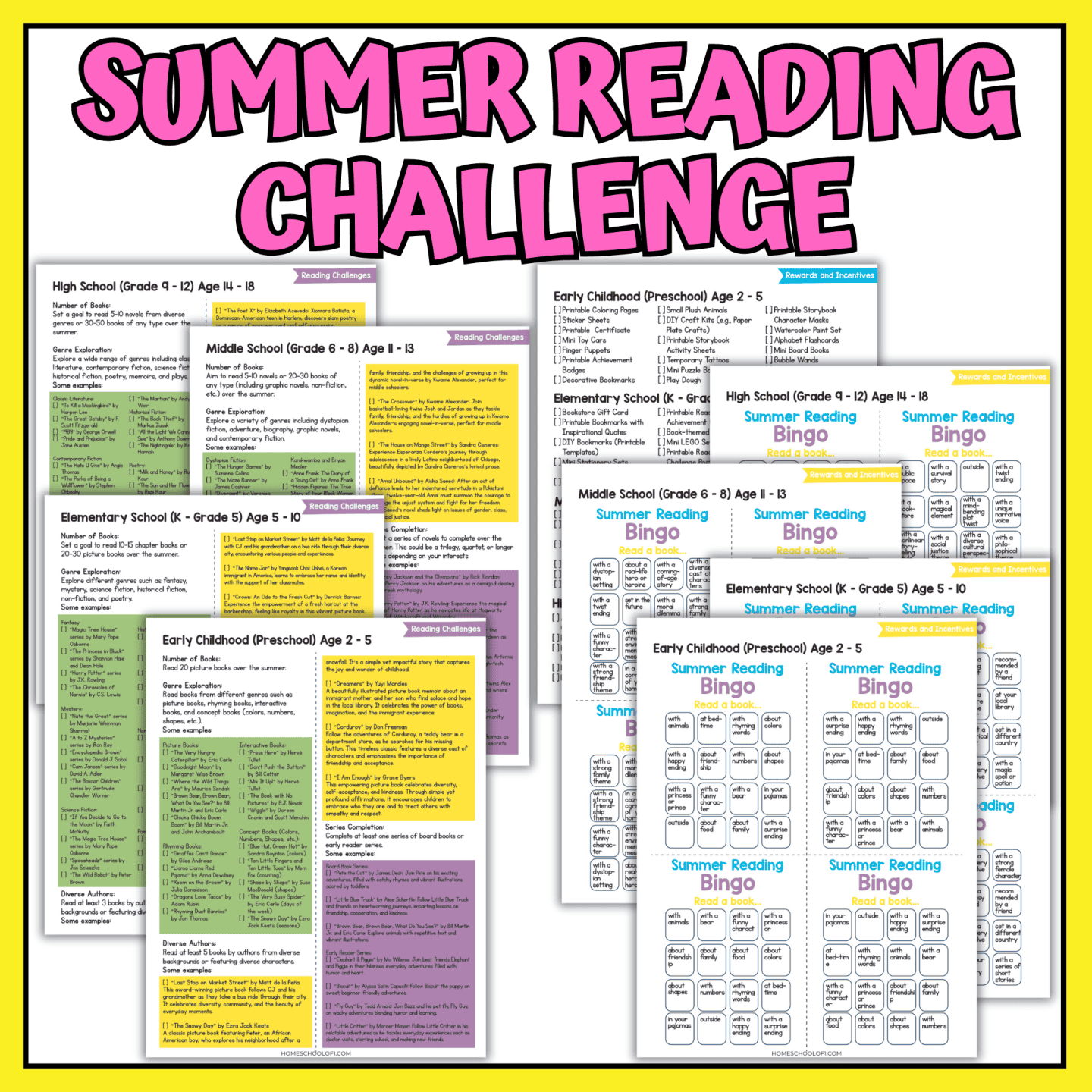The Ultimate Guide to Summer Learning
Summer learning for kids? Yes, it can be fun!
With the right holiday activities for kids, your child can keep their brain engaged while enjoying their summer break.
This guide is packed with creative and enjoyable ways to make learning a part of their summer adventures.
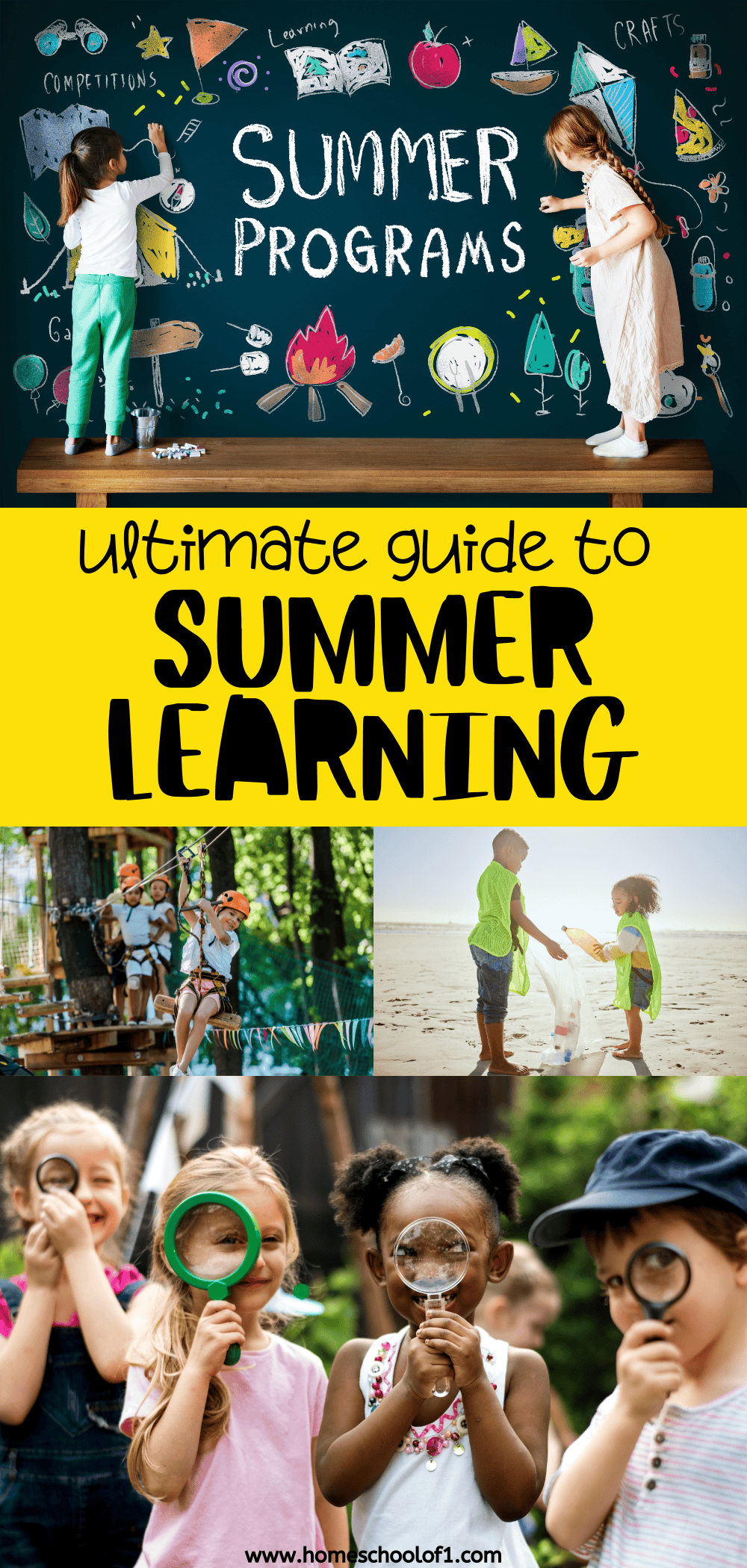
**This post may contain affiliate links. As an Amazon Associate and a participant in other affiliate programs, I earn a commission on qualifying purchases.**
Why Summer Learning Matters
Summer learning is crucial for preventing summer slide, helping children retain what they’ve learned during the school year.
It also provides an excellent opportunity to cultivate new interests, allowing kids to explore new hobbies and passions.
Additionally, summer learning prepares children for the next grade, giving them a head start on the upcoming school year.
By engaging in enrichment activities and learning programs during the summer months, children can maintain academic achievement, stay intellectually stimulated, and develop a love for lifelong learning.
Check out all of our free printable summer activity sheets!
Outdoor Adventures
- Nature Scavenger Hunt: Create a list of natural items for your child to find in the yard or local park. This can include leaves, rocks, and insects. It’s an enriching activity that can spark curiosity about the natural world.
- Plant a Garden: Teach kids about biology and ecology by planting a small garden. Let them pick the plants and help with daily care. This hands-on learning experience is perfect for elementary school students and can foster a love for science.
- Learn the Constellations: Use a star map or an app like SkyView to identify stars and constellations. This can be a magical way to learn about astronomy and is suitable for all school-age children. Middle school students, in particular, can dive deeper into space science by stargazing.
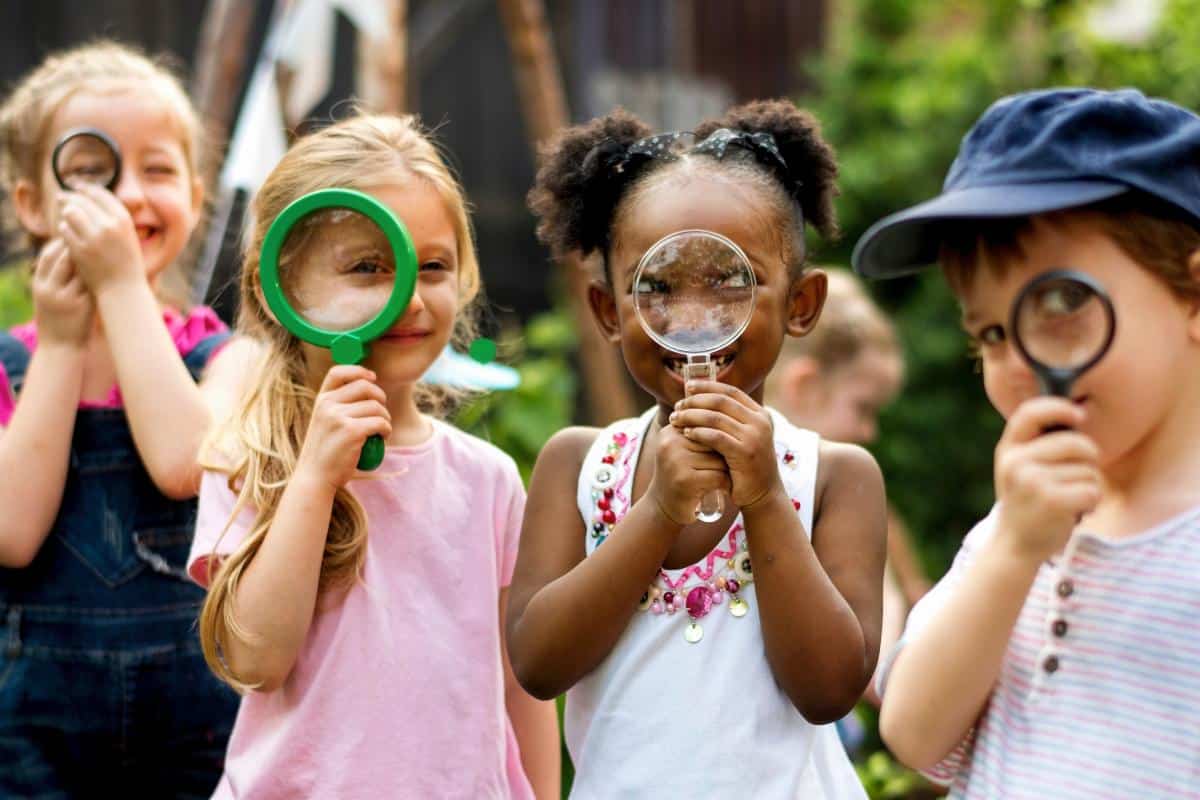
Creative Projects
- DIY Art Projects: Set up an art station with paints, clay, and recycled materials. Encourage kids to create sculptures, paintings, and other crafts. This can be part of an after school program focused on creativity.
- Photography: Give your child a camera or a smartphone to explore photography. Set themes like “nature” or “family” for their photo projects. This can also tie into a summer-school photography class.
- Creative Writing: Encourage kids to write short stories, poems, or even start a summer journal. This can boost their writing skills and creativity, crucial for literacy development. High school students can use this time to prepare for college essays.
- Comic Strips: Have your child create their own comic strips, combining writing and drawing. This activity is excellent for enhancing language-arts skills.
Fun with Technology
- Learning Apps: Use apps like Khan Academy Kids, ABCmouse, and Duolingo Kids to make learning interactive and fun. These apps cover various subjects, from math skills to early literacy, and are great for preschool and elementary-school children.
- Coding for Kids: Websites like Code.org offer engaging coding activities tailored for children. Middle and high school students can benefit from learning programming languages, which can be part of an afterschool or summer program.
- Online Museum Tours: Many museums offer virtual tours. Explore the Smithsonian or the National History Museum from home. This can be an enriching activity that complements school-day learning.
- Interactive Science Experiments: Websites like Exploratorium and National Geographic Kids have fun, hands-on science experiments to try at home. These are perfect for summer-school activities or home enrichment programs.
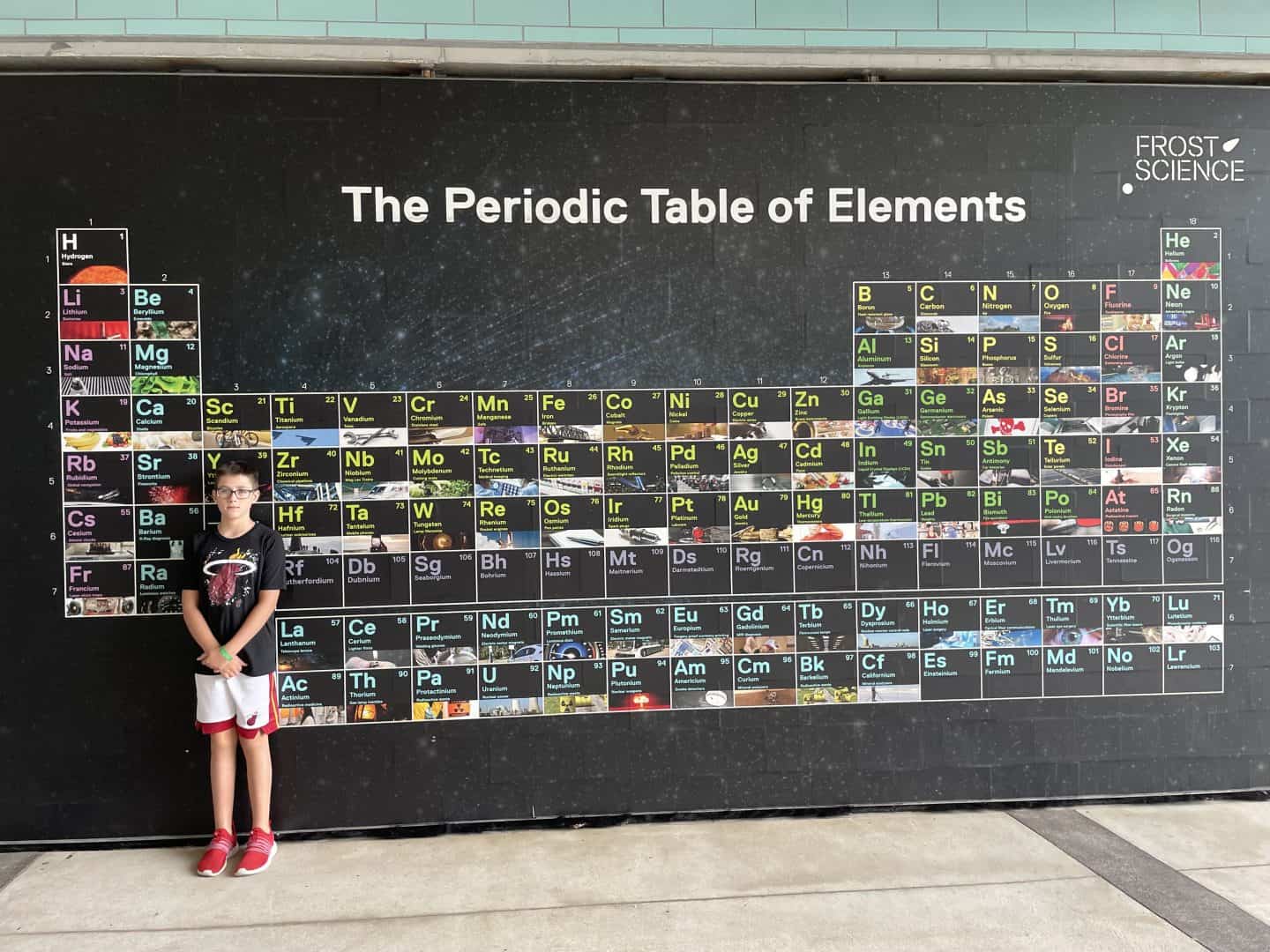
Physical Activities with a Learning Twist
- Geocaching: Go on a treasure hunt using GPS. It’s a great way to teach kids about geography and navigation. This activity combines physical activity with learning, ideal for out-of-school time.
- Obstacle Courses: Create an obstacle course in your backyard. This can help with physical fitness and problem-solving skills. It’s a great way to integrate physical activity into daily routines.
Group Learning
- Kid-Friendly Book Clubs: Start a book club with friends. Choose books appropriate for their age and discuss them together. This can significantly improve literacy skills and reading comprehension. Younger kids will love the best summer books for preschoolers.
- Library Visits: Regular trips to the library can foster a love for reading. Many libraries also offer summer reading programs and literacy campaigns.
- Local Workshops: Check for local workshops on arts, crafts, science, or other interests. Many community centers and libraries offer these. They can be an excellent way for kids to learn new skills and socialize.
- Summer Camps: Enroll your child in a summer camp focused on their interests, whether it’s sports, arts, or science. Camps can offer a full-day schedule of enriching activities and youth development.
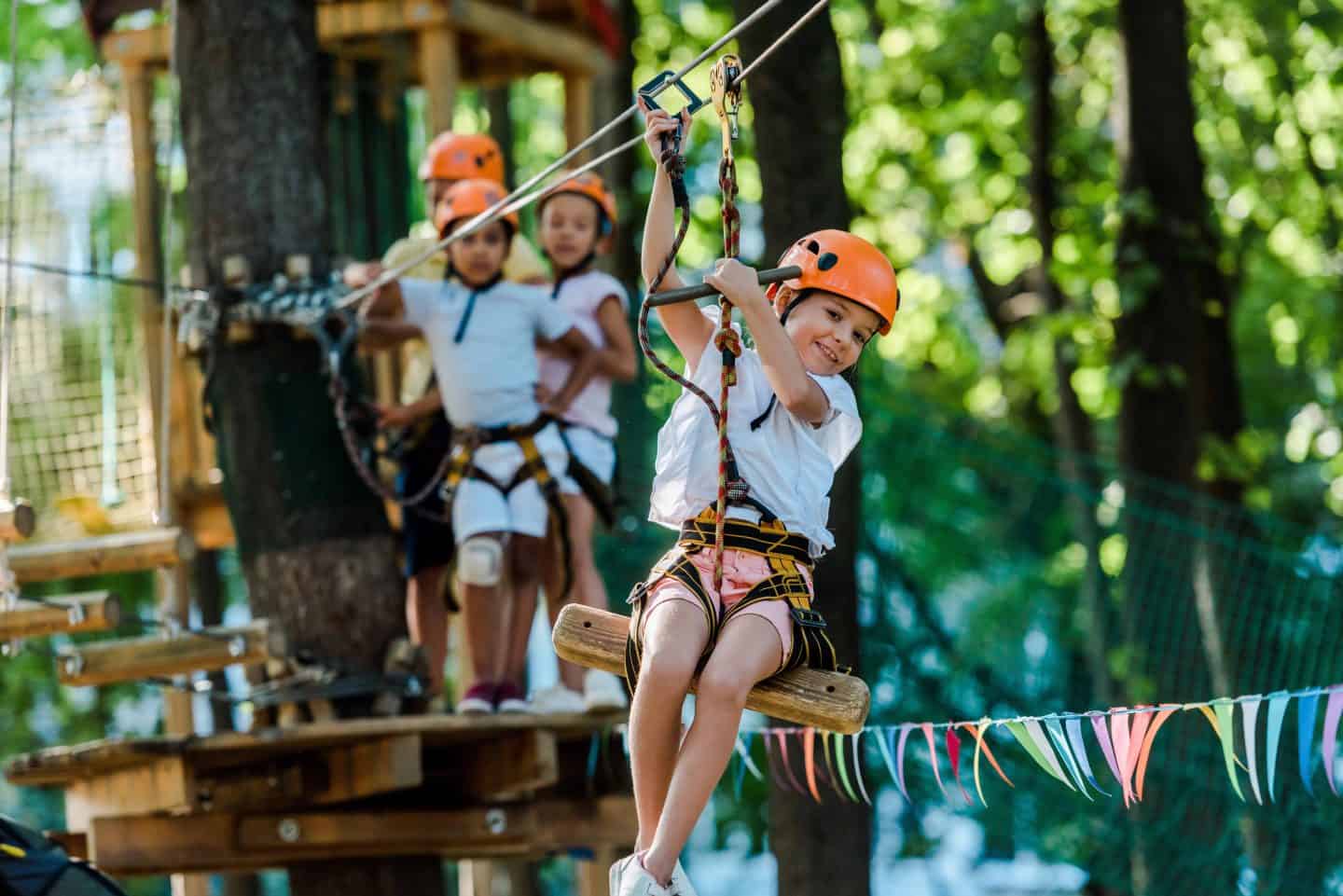
Family Learning Activities
- Day Trips: Visit local zoos, aquariums, science centers, and historical sites. These educational summer field trips can be both fun and educational, providing valuable learning opportunities outside of school hours.
- Cooking Together: Teach your child about measurements and following instructions through cooking. Try new recipes together. This can be an excellent practical math activity.
- Educational Board Games: Games like Scrabble, Monopoly, and even simple card games can teach kids math, strategy, and language skills. They are perfect for afterschool activities.
- Puzzles: Jigsaw puzzles and brainteasers can enhance problem-solving skills. This can be a relaxing yet challenging activity for kids during the summer months.
Leveraging Summer Programs
- Summer School Programs: Many school districts offer summer-school programs aimed at academic enrichment. These programs help bridge the achievement gap and provide rigorous instructional support.
- Afterschool Programs: Look for after school programs that continue through the summer. These can offer a structured environment for learning and play.
- Robotics Camps: Enroll your child in a robotics camp. These camps teach valuable STEM skills and can ignite a passion for engineering and technology.
- Art and Music Camps: Camps focused on arts and music can help kids develop their creative talents. These camps often culminate in performances or exhibitions, providing a sense of achievement.
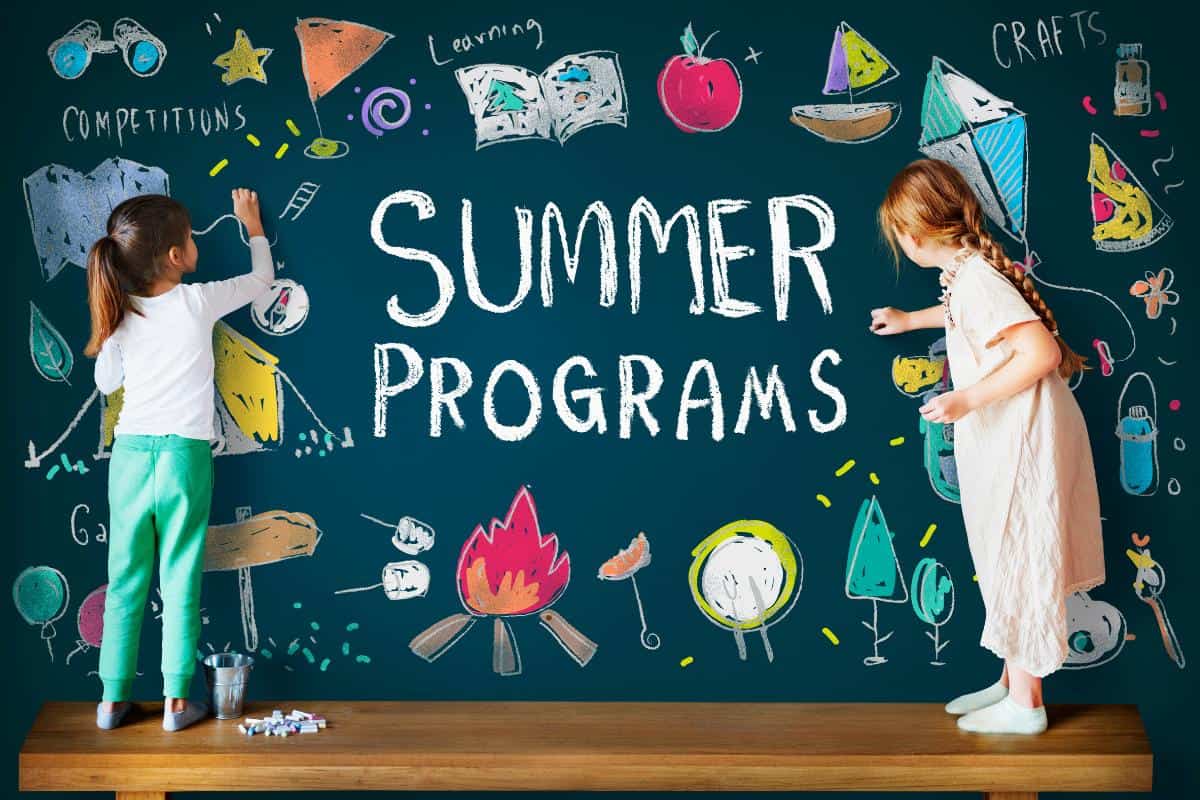
Supporting Academic Achievement
- Summer Reading Lists: Follow recommended reading lists for your child’s grade level. This helps maintain and improve literacy skills over the summer.
- Reading Programs: Enroll in reading programs at your local library. These programs often offer rewards and incentives to encourage reading.
- Math Apps and Games: Use math apps and games to keep math skills sharp. Websites like Cool Math Games offer fun and educational options.
- Science Projects: Encourage your child to conduct simple science experiments at home. This can foster a love for science and improve understanding of scientific concepts.
Engaging with Community Learning
- YMCA and Local Organizations: Many local organizations, including the YMCA, offer summer programs for children and youth. These programs often include a mix of educational and recreational activities.
- Public Schools’ Summer Programs: Check with your local public school system for summer learning opportunities. Many schools offer high-quality programs designed to support academic success.
- Community Service Projects: Get your child involved in community service projects. This can teach social responsibility and provide valuable life experiences.
- Service-Learning: Combine academic learning with community service. This can be an enriching way for children to apply what they’ve learned in a real-world context.
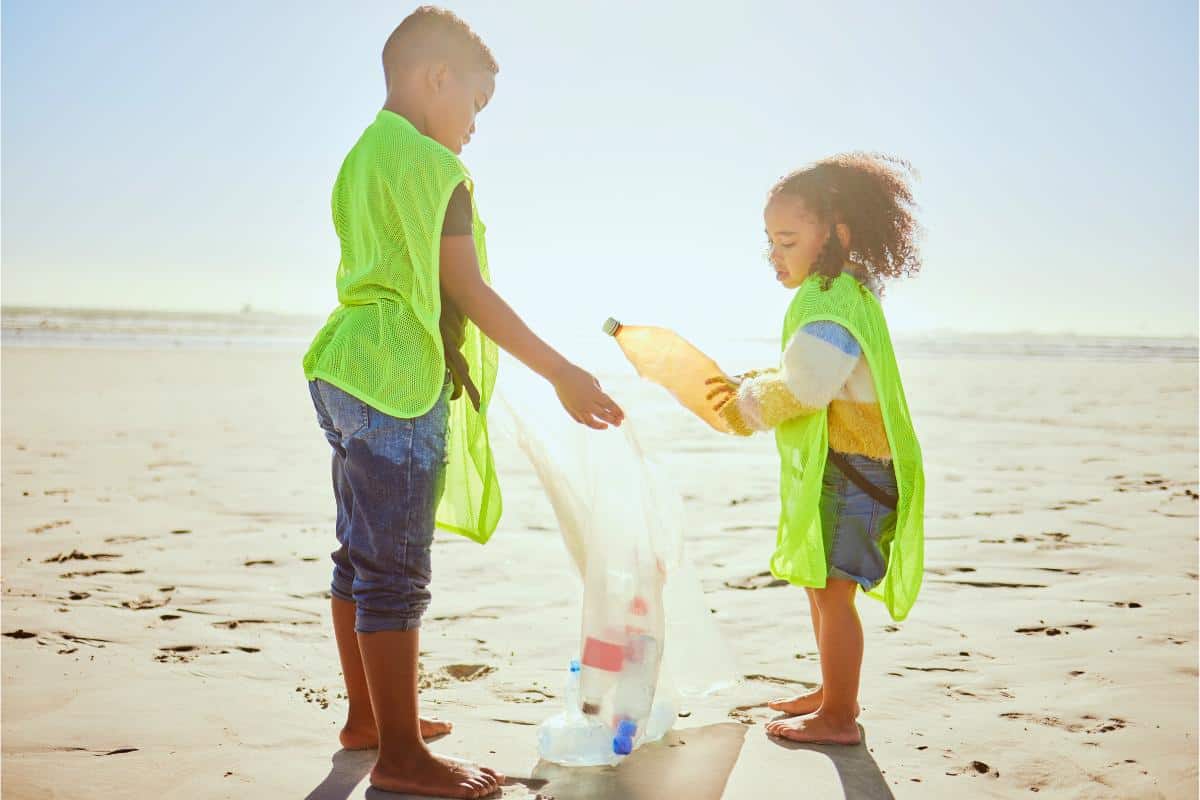
Ensuring a Smooth Summer Learning Experience
- Register Online: Many summer programs and camps offer online registration. Make sure to register early to secure a spot for your child.
- Financial Aid: Look into financial aid options if needed. Many programs offer scholarships or sliding scale fees.
- Prepare a Schedule: Create a summer schedule that balances learning activities with free time. This can help manage expectations and ensure a smooth summer.
Involving Educators and Counselors
- Teacher Recommendations: Ask your child’s teacher for recommendations on summer learning activities. Educators often have valuable insights into what can benefit your child academically.
- School Counselors: Consult with school counselors about summer programs that align with your child’s interests and academic needs.
Last Updated on 7 April 2025 by Clare Brown

